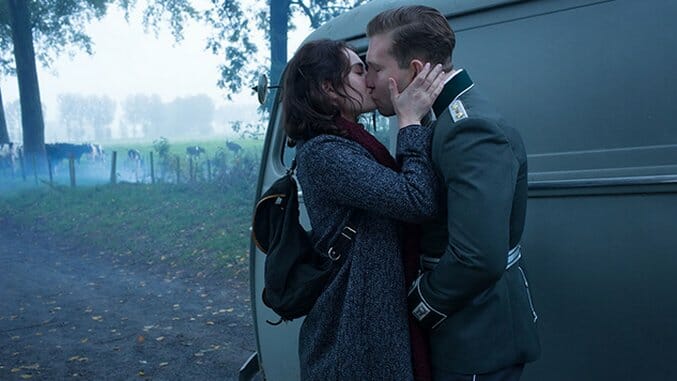The Exception

Someone’s finally figured out what to do with the oft-maligned Jai Courtney: Make him a romantic lead in a Nazi drama. A very specific niche to fill, to be sure, but his performance in The Exception is a blessed contrast to his usual waste in schlocky action fare.
Based on 2003 novel The Kaiser’s Last Kiss by Alan Judd, The Exception, set in a fictionalized World War II timeline (for all you European scholars out there), follows German soldier Stefan Brandt (constantly-misclassified actor Courtney) on assignment to the personal detail of exiled German Kaiser Wilhelm II (Christopher Plummer). He is to, with the pretext of bodyguarding, spy on the former monarch, residing in the Netherlands, and determine the Kaiser’s allegiances to the Third Reich. Meanwhile, an unidentified British spy snoops around the local Dutch village, still evading the Germans and complicating the already deliciously pulpy plot.
-

-

-

-

-

-

-

-

-

-

-

-

-

-

-

-

-

-

-

-

-

-

-

-

-

-

-

-

-

-

-

-

-

-

-

-

-

-

-

-








































